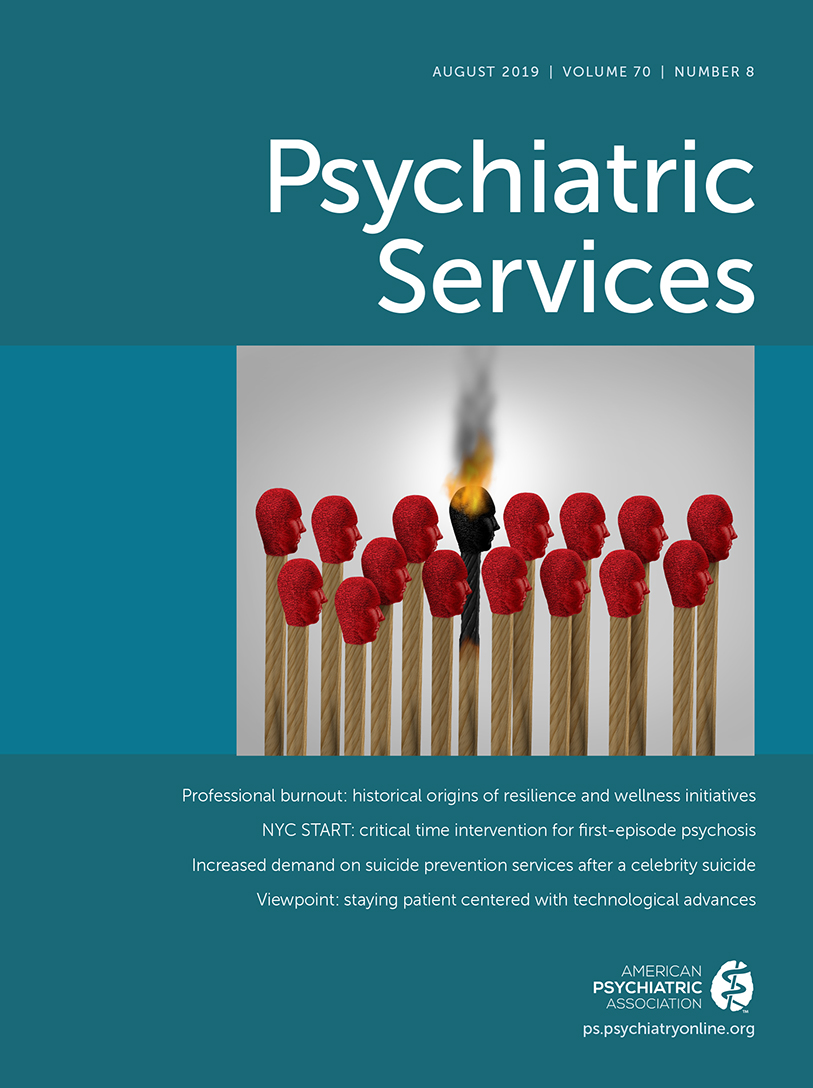Association Between Antipsychotic Polypharmacy and Outcomes for People With Serious Mental Illness in England
Abstract
Objective:
Although U.K. and international guidelines recommend monotherapy, antipsychotic polypharmacy among patients with serious mental illness is common in clinical practice. However, empirical evidence on its effectiveness is scarce. Therefore, the authors estimated the effectiveness of antipsychotic polypharmacy relative to monotherapy in terms of health care utilization and mortality.
Methods:
Primary care data from Clinical Practice Research Datalink, hospital data from Hospital Episode Statistics, and mortality data from the Office of National Statistics were linked to compile a cohort of patients with serious mental illness in England from 2000 to 2014. The antipsychotic prescribing profile of 17,255 adults who had at least one antipsychotic drug record during the period of observation was constructed from primary care medication records. Survival analysis models were estimated to identify the effect of antipsychotic polypharmacy on the time to first occurrence of each of three outcomes: unplanned hospital admissions (all cause), emergency department (ED) visits, and mortality.
Results:
Relative to monotherapy, antipsychotic polypharmacy was not associated with increased risk of unplanned hospital admission (hazard ratio [HR]=1.14; 95% confidence interval [CI]=0.98–1.32), ED visit (HR=0.95; 95% CI=0.80–1.14), or death (HR=1.02; 95% CI=0.76–1.37). Relative to not receiving antipsychotic medication, monotherapy was associated with a reduced hazard of unplanned admissions to the hospital and ED visits, but it had no effect on mortality.
Conclusions:
The study results support current guidelines for antipsychotic monotherapy in routine clinical practice. However, they also suggest that when clinicians have deemed antipsychotic polypharmacy necessary, health care utilization and mortality are not affected.



